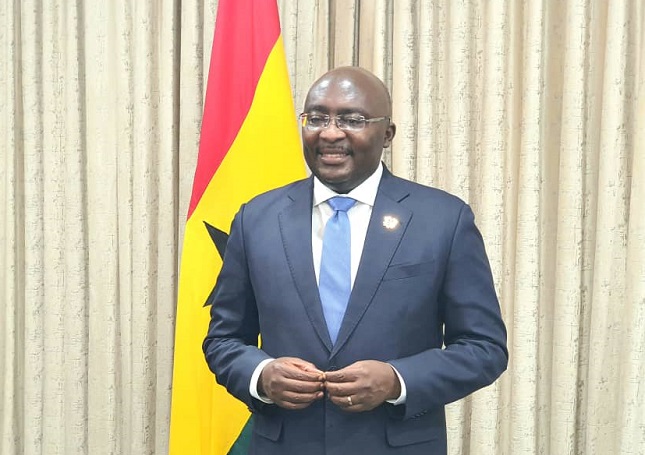
- Dennis Miracles Aboagye, aide to former Vice President Dr Mahamudu Bawumia, has accused the current NDC government of selective reporting on water bodies affected by illegal mining (galamsey).
- He claims the Water Resources Commission (WRC) tracks 41 water bodies, but the government only highlights six, ignoring the remaining 35 in worse conditions.
- Example cited: Ayensu River in the Central Region saw turbidity levels rise from 14,000 NTU in 2024 to 94,000 NTU.
- Aboagye argues turbidity alone is not enough; the full water quality index, including nutrients and other elements, should be considered.
- He described the government’s approach as “propaganda” and urged concrete action against illegal mining, including stopping the purchase of galamsey gold.
Dennis Miracles Aboagye, an aide to former Vice President Dr Mahamudu Bawumia, has publicly criticized the NDC government for allegedly misrepresenting the state of Ghana’s water bodies amid the ongoing fight against illegal mining, commonly known as galamsey.
In a post on X dated October 3, 2025, Aboagye claimed that while the Water Resources Commission has monitored 41 rivers across the country since 2005, the government has chosen to showcase only six. He argued that this selective reporting ignores the majority—35 rivers—which are in significantly worse condition, creating a false impression of progress.
Citing the Ayensu River in the Central Region, Aboagye noted that its turbidity levels have surged from 14,000 NTU in 2024 to 94,000 NTU, yet the river was not included in the government’s report. He also criticized the reliance on turbidity alone to gauge water quality, stressing that a full Water Quality Index—which includes nutrients and other factors—provides a more accurate measure.
Describing the government’s approach as “propaganda,” Aboagye urged decisive action against illegal mining. He called on authorities to stop buying gold from galamsey operators, prevent party affiliates from engaging in illegal mining, and fulfill prior campaign promises to tackle the menace effectively.
Read full post below:
Water Resources Commission has been tracking 41 Water bodies in Ghana since 2005 till date.
The NDC Government displays 6 water bodies and ignores the 35 water bodies Becos they are in a worst situation and is asking for praises?.
Sometimes, I wonder “who is doing” this… pic.twitter.com/QAdZKLFQd0
— Dennis Edward Aboagye (@DennisMiracles) October 3, 2025
Aboagye’s allegations highlight a troubling pattern of selective reporting in environmental governance, which risks undermining public trust. By focusing on a handful of rivers showing improvement while ignoring the majority in critical condition, the government may be presenting a misleading narrative that paints its efforts as more effective than they truly are.
This raises larger questions about accountability and transparency in tackling environmental crises. Water bodies are a lifeline for communities, agriculture, and ecosystems. Failing to provide a full picture not only obscures the scale of the problem but also delays urgent interventions.
Ultimately, the fight against galamsey cannot be reduced to political messaging or tokenized improvements. It demands comprehensive, evidence-based action, free from propaganda, to restore Ghana’s water resources and protect the livelihoods dependent on them. The question remains whether political leaders are prepared to confront the full extent of the crisis or continue presenting a curated version that comforts rather than corrects.